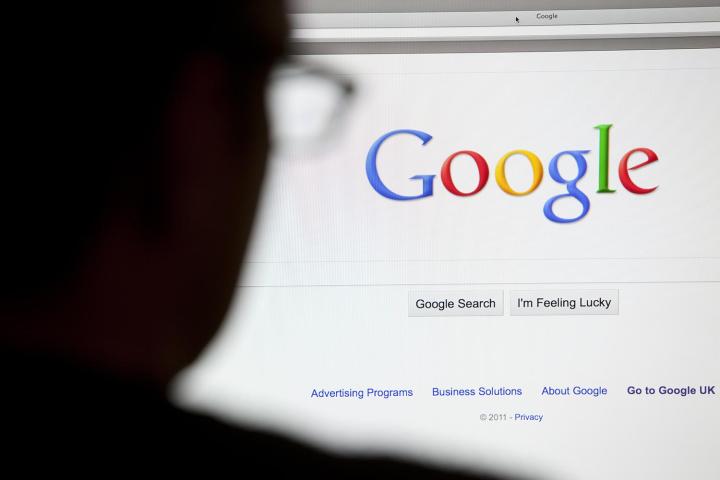
Earlier this week, we reported that the first result for a query in the U.K. on whether the Holocaust happened claimed it did not — and that the result was returned from a white supremacist website. Now due to some alterations in its search algorithm, these sites are no longer the top results — they have not been removed, but their rankings are effectively lower.
Initially, the results only moved down a few spots in search rankings. It’s not the first time Google has been in hot water for its auto-complete and search results — an earlier review by The Guardian found how some auto-complete results suggested searching for “are jews evil,” “are women evil,” and “are muslims bad.”
Before Google issued its fix, several top results answered the queries about the Holocaust’s legitimacy in the affirmative with links to anti-Semitic and hate websites, with one top result even offering reasons as to “why Hitler was one of the good guys.”
When we reached out to Google, the company said its mission is to offer users diverse content from a variety of sources, but it doesn’t always “get it right.”
“Google was built on providing people with high-quality and authoritative results for their search queries,” a spokesperson told Digital Trends. “We strive to give users a breadth of diverse content from variety of sources and we’re committed to the principle of a free and open web. Judging which pages on the web best answer a query is a challenging problem and we don’t always get it right.”
When “non-authoritative information” ranks high in its results, the company says it develops scaleable and automated methods to fix the problem, “rather than manually removing these one by one.”
“We recently made improvements to our algorithm that will help surface more high quality, credible content on the web,” the spokesperson said. “We’ll continue to change our algorithms over time in order to tackle these challenges.”
Tech companies are increasingly facing criticism for perpetuating fake news. Facebook and Google are taking the issue seriously and have pledged to fix it — the former’s plan includes hiring a team of fact-checkers to eliminate fake news in its feed.
Article first published on 12-20-2016. Updated on 12-27-2016 by Julian Chokkattu: This article initially said Google removed holocaust-denying sites from its search rankings, but we have clarified it to say the search algorithm has ranked these sites lower — you can still find these sites on Google. We apologize for the error.
Editors' Recommendations
- Google just released the first Android 15 beta. Here’s what’s new
- Have one of these Google Pixel phones? You’re getting Circle to Search
- Have a Google Pixel phone? You’re about to get these new features
- The Google Pixel Fold 2 just leaked. Here’s everything that’s new
- Google just announced Android 15. Here’s everything that’s new

